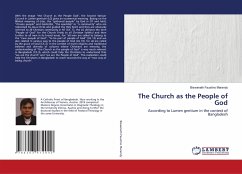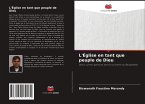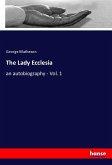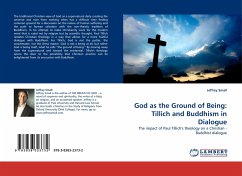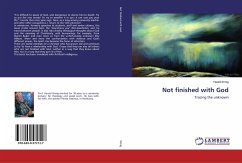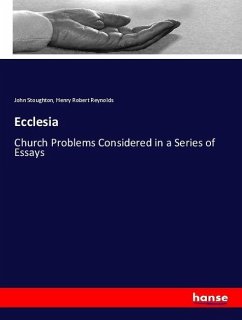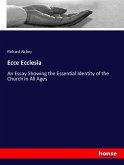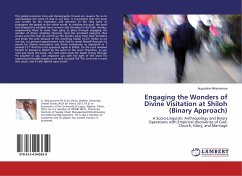With the image "the Church as the People God", the Second Vatican Council in Lumen gentium (LG) gives an ecumenical meaning. Basing on the Biblical meaning of , the "gathered people" by God in OT and "chosen people" and s , "the assembly" or "a community" who are redeemed by Jesus Christ and guided the Holy Spirit and they are obviously referred to all Christian community in NT (Ch. 1), the LG denotes the term "People of God" for the Church firstly to all Christian faithful and then further to all men in its broad sense. For "all men are called to belong to the "new people of God", "to be part of people of God" (LG 13) and are also related in various way to the people of God (LG 16), for all are called by the grace of God (Ch.2). In the context of multi religions and traditional believes and diversity of cultures where Christians are minority, the understanding of "the Church as the people of God" is very much relevant in Bangladesh (Ch.3), which could help the Christians to understand that "we are the church" and "we are the People of God". This realization could help the Christians in Bangladesh to reach towards the way of "new way of being church".

